West’s concerns about Iran’s nuclear program resemble 'crocodile tears': Russia
A senior Russian diplomat says the concerns raised repeatedly by Western countries in their media about Iran’s nuclear program are no more than “crocodile tears” as the issue can be resolved in a diplomatic manner.
Russia's Permanent Representative to International Organizations in Vienna Mikhail Ulyanov said Western media had decided to “heat up” the situation around Iran’s nuclear activities.
The remarks came in reaction to a Sunday report by Bloomberg that claimed Iran has enriched uranium to a purity of 84 percent. Citing two unnamed diplomatic sources, the report alleged that the IAEA inspectors had found highly-enriched uranium particles in pipes connecting centrifuges.
Ulyanov said that such leaks in the media came at a critical time ahead of a session of the Board of Governors of the International Atomic Energy Agency (IAEA) in a bid to disrupt the visit of the agency’s chief Rafael Grossi to Tehran.
“Unfortunately, such things as 'leaks' of sensitive information in the media are not uncommon. This is done largely for obvious political reasons — to complicate the situation around Iran and its nuclear program. So now, Bloomberg sources decided to 'heat up' the situation on the eve the upcoming session of the IAEA Board of Governors [to be held in Vienna from March 6 to 10]. Or maybe the task, in addition to this, was to disrupt the plans of the IAEA Director General to visit Tehran. Rafael Grossi has repeatedly stated the importance of such a trip now," he told Sputnik news agency.
"You can't go along with the 'stuffing' that some media operate on and whip up passions, taking into account the sensitivity of the situation around the topic of the Iranian atom, you need to wait for the conclusions of experts.”
The Russian envoy also underlined the need for a “speedy restoration” of the US-abandoned 2015 Iran nuclear deal, officially known as the Joint Comprehensive Plan of Action (JCPOA).
Bloomberg’s sources, he added, demonstrate "the hypocritical position of the Western participants in the Vienna talks” aimed at reviving the JCPOA.
“If the nuclear deal is revived, the problem with uranium enrichment will disappear by itself — Tehran simply will not be able to produce material with an enrichment level above 3.67%, as it was, in fact, before the US withdrew from the agreement in 2018," he said.
"It is surprising that, despite this, Western colleagues tirelessly and publicly repeat concerns about the expansion of the Iranian nuclear program. The issue can be resolved peacefully, diplomatically, without unnecessary drama, threats and blackmail. So the concerns that they splash out on the audience, in fact, resemble 'crocodile tears.'"
Iran showed to the world the peaceful nature of its nuclear program by signing the JCPOA with six world states — namely the US, Germany, France, Britain, Russia and China — in 2015. But, Washington’s unilateral withdrawal in May 2018 and its subsequent re-imposition of sanctions against Tehran left the future of the deal in limbo.
Negotiations between the parties to the deal kicked off in Vienna in April 2021, with the intention of bringing the US back into the deal and putting an end to its “maximum pressure” campaign against Iran.
Tehran, whose strict adherence to the nuclear deal had been certified several times by the IAEA, maintains that it is necessary for the US to offer guarantees that it will not withdraw or violate the deal again.
The discussions, however, have been at a standstill since August 2022 due to Washington’s insistence on not lifting all of the anti-Iran sanctions and offering the necessary guarantees that it will not exit the agreement again.
Leader hails Iranians for disappointing enemies with multimillion rallies
VIDEO | 'Land of Angels' sweeps 44th Fajr Film Fest. awards
Iran dismisses claims of detainee rights violations as ‘psychological warfare’
VIDEO | The business of humanity
VIDEO | 47th anniversary of Islamic Revolution marked in Russia
Two US Navy ships collide near South America amid Trump buildup
Over 2,000 Britons served in Israeli military during Gaza genocide: Report
Houthi: Iranian, Yemeni revolutions inspire Islamic nation in face of enemy plots


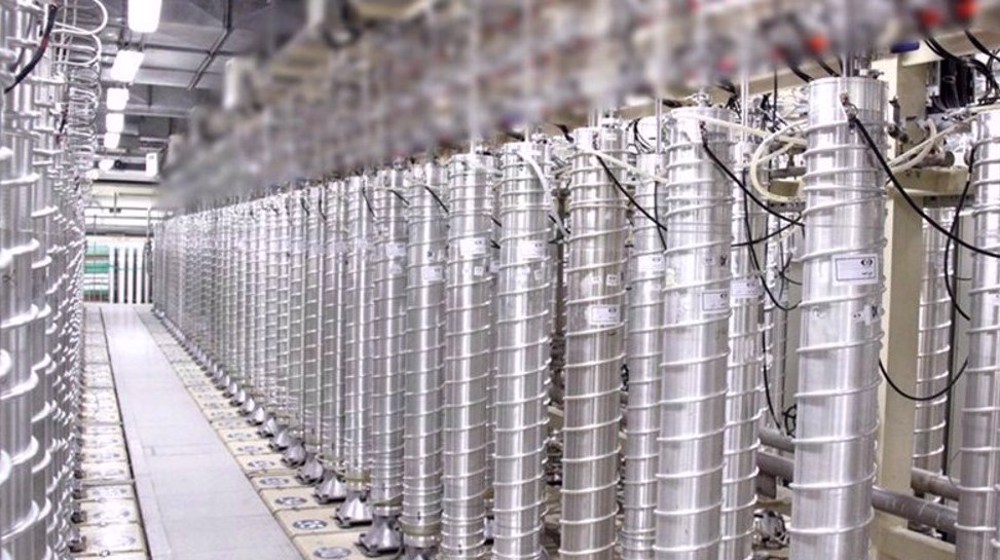
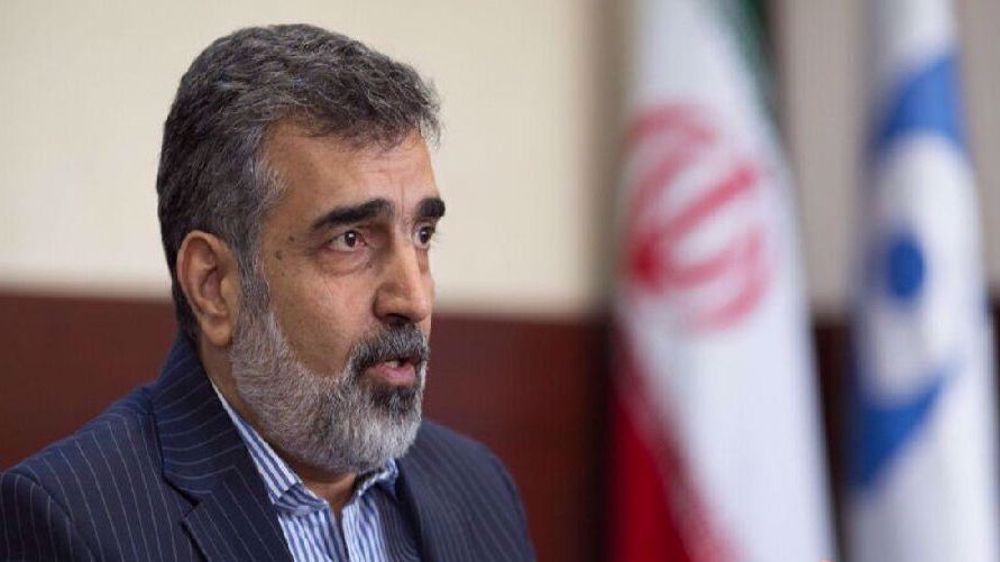
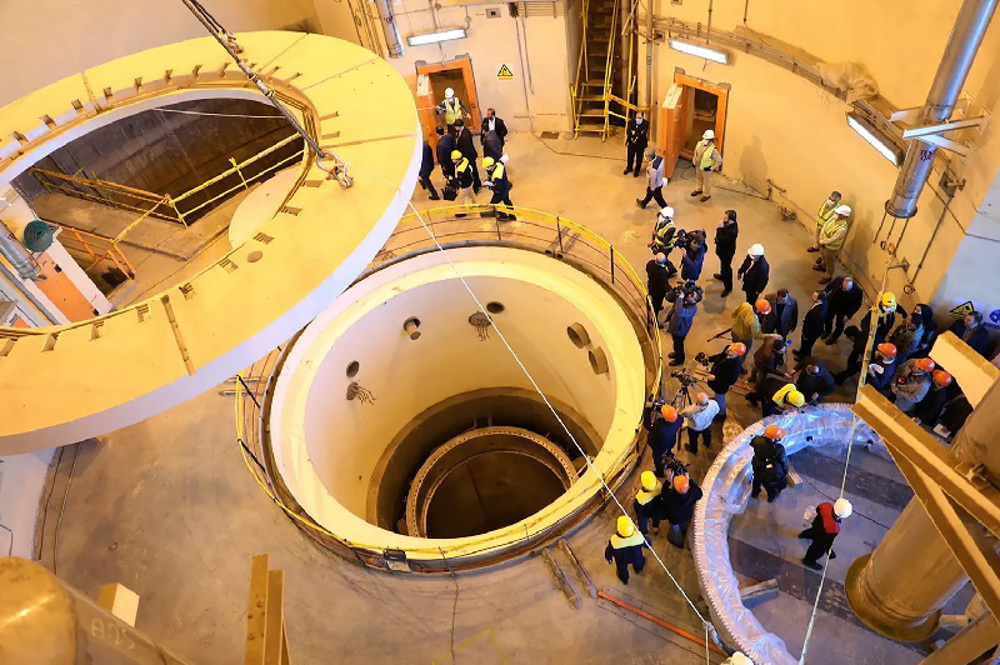
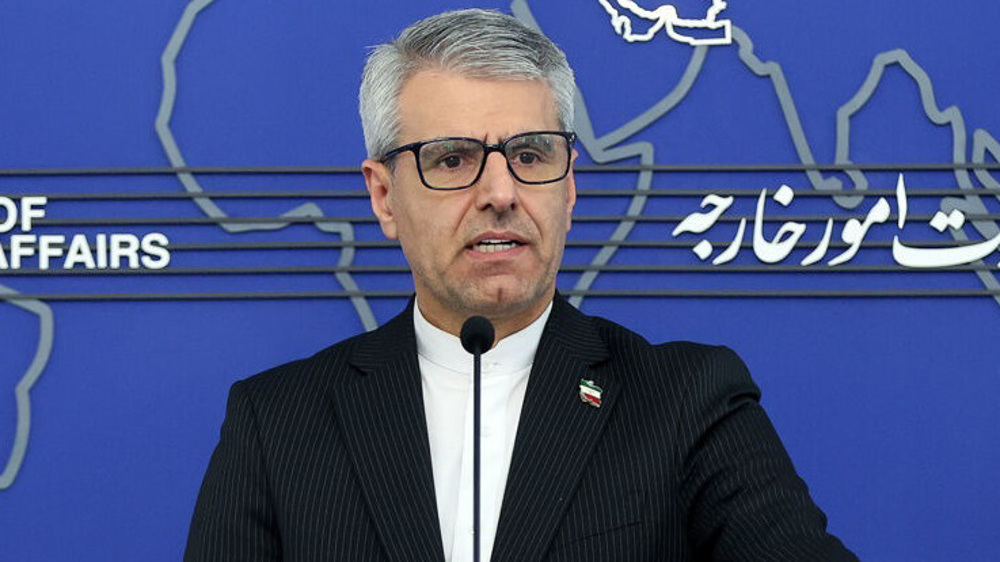
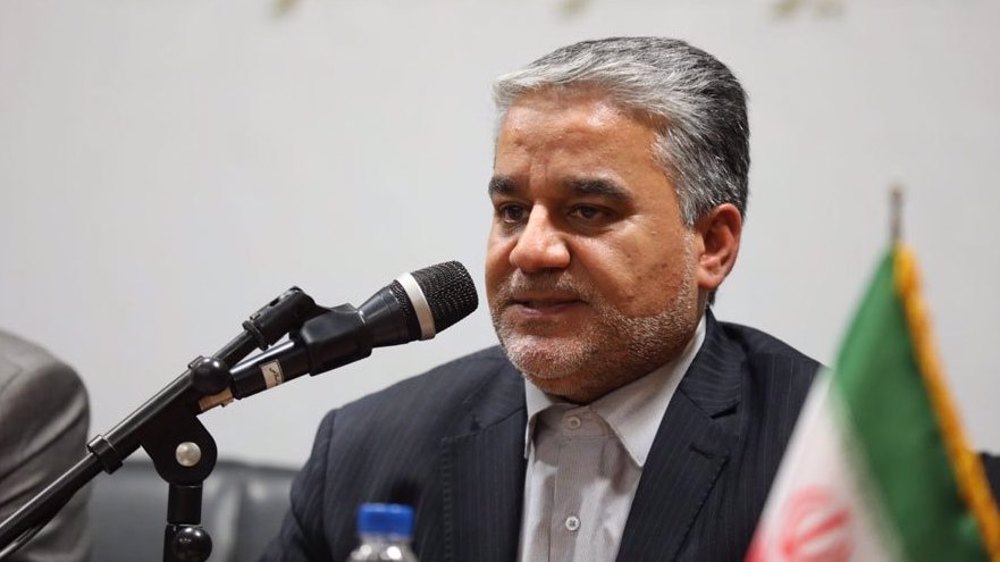



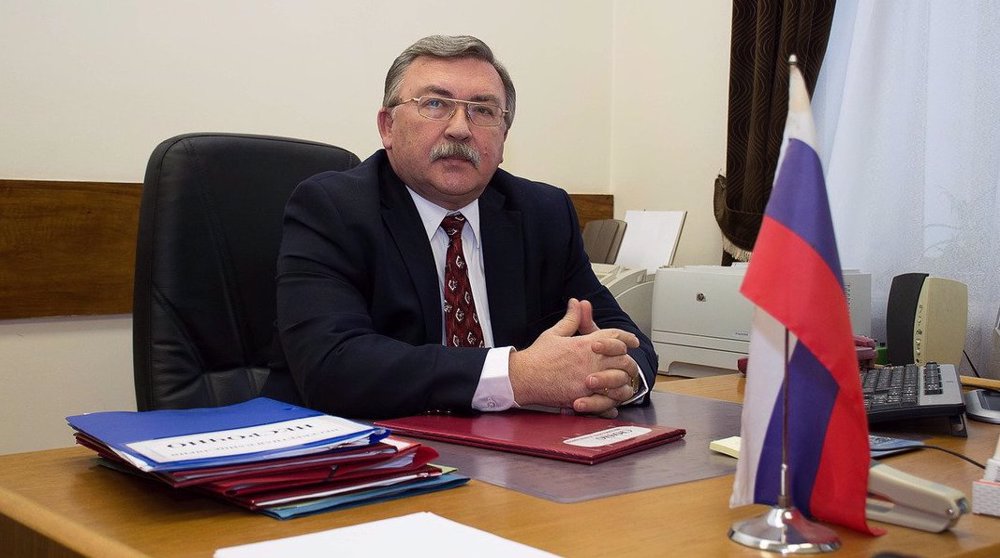
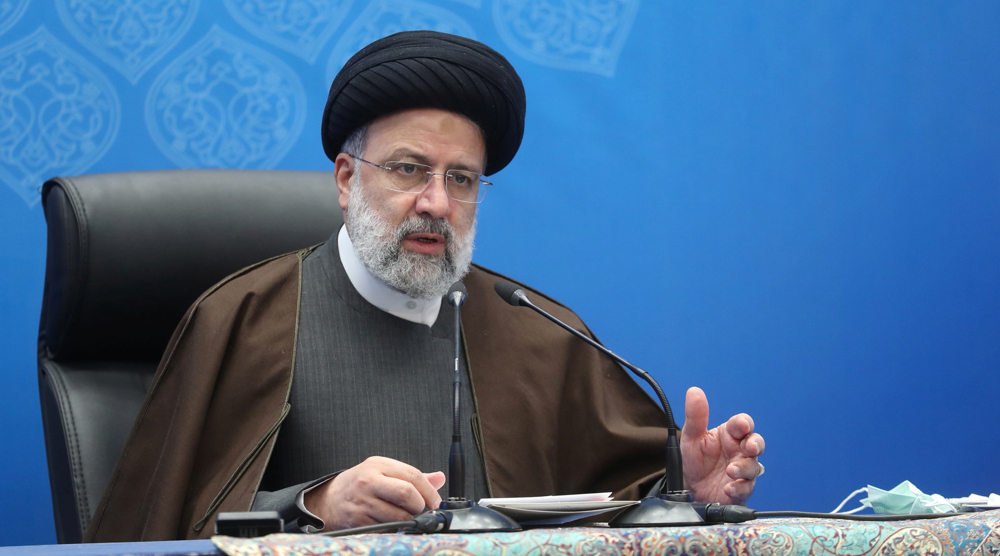
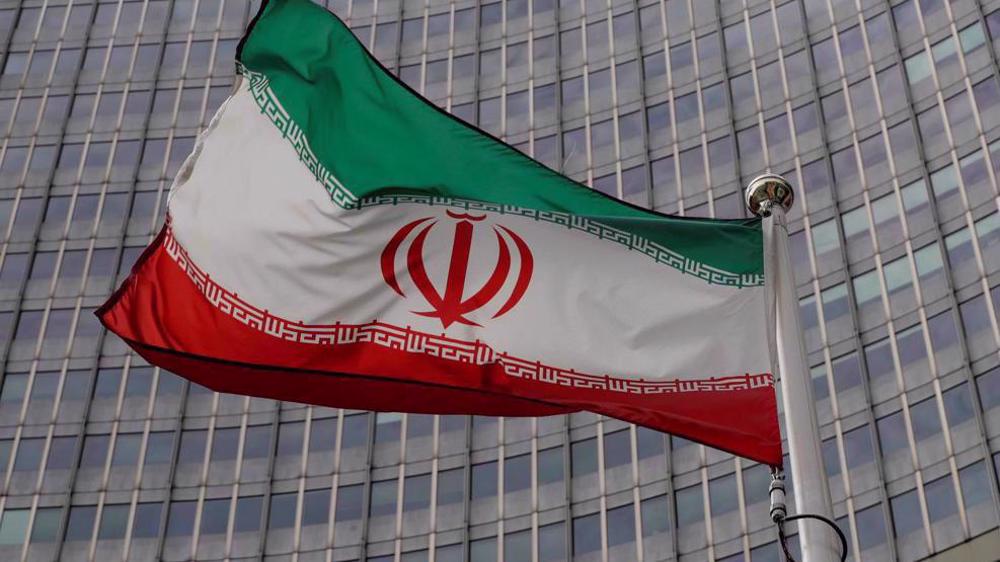
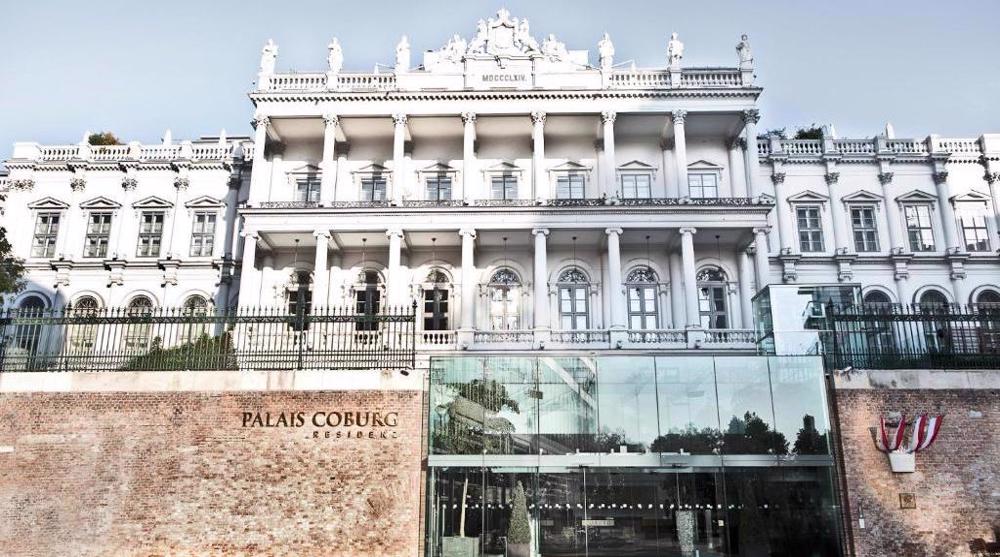
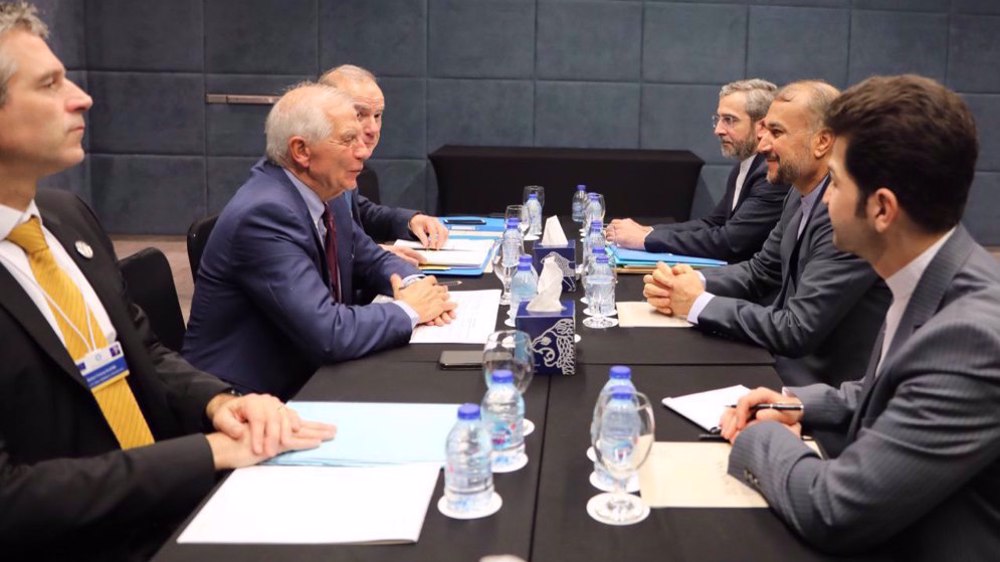

 This makes it easy to access the Press TV website
This makes it easy to access the Press TV website